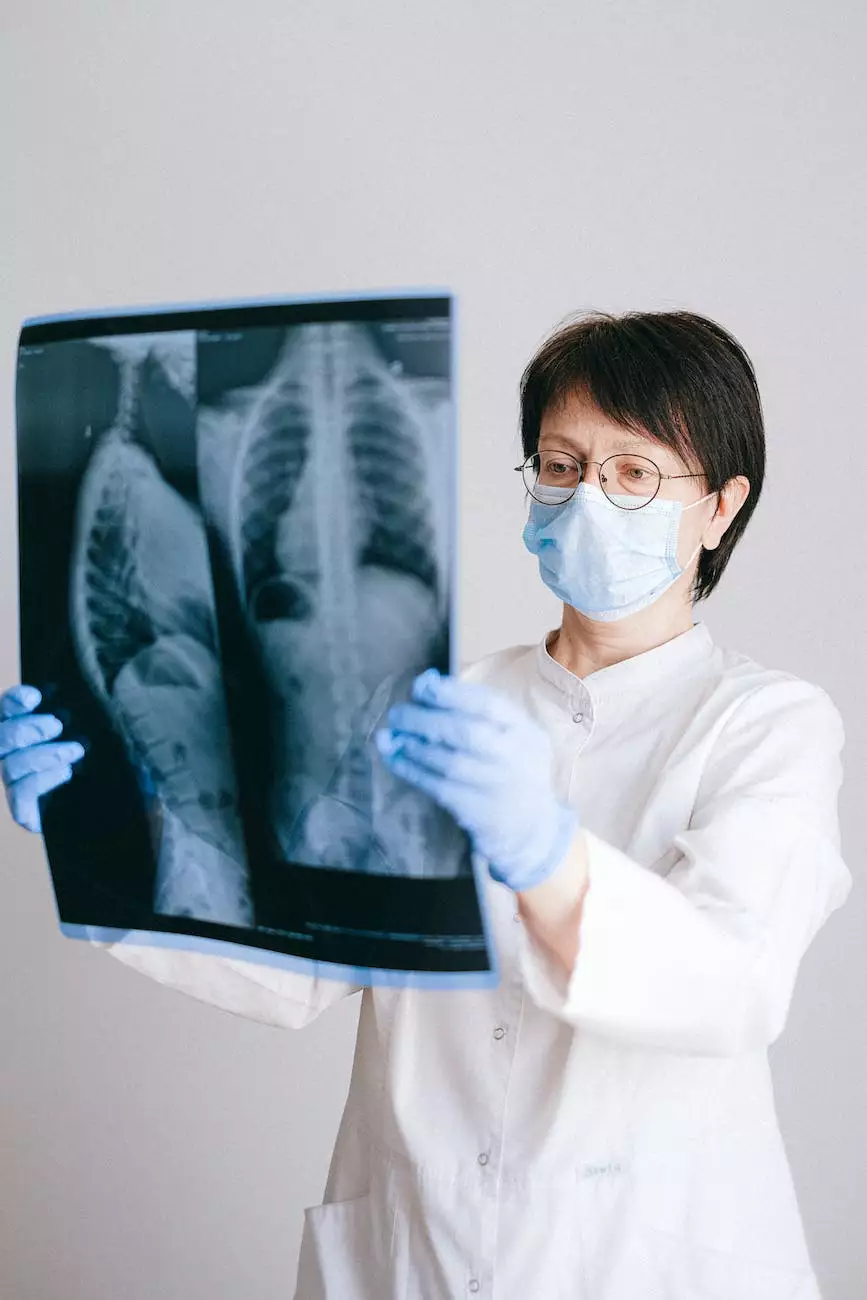Perimenopause Symptoms You Can't Ignore

Welcome to the "Perimenopause Symptoms You Can't Ignore" page, brought to you by Grim Harley, MD. In this comprehensive guide, we will delve into the various perimenopause symptoms that women may experience during this transitional phase of their lives. Our aim is to provide you with detailed information and insights, empowering you to recognize and address these symptoms effectively.
Understanding Perimenopause
Perimenopause is a natural transition that occurs in most women's lives as they approach menopause. It typically starts in a woman's 40s, but can begin as early as the 30s or even earlier in some cases. During this phase, the ovaries gradually produce less estrogen, leading to hormonal fluctuations that can cause various symptoms.
Recognizing the Symptoms
1. Irregular Menstrual Cycles
One of the earliest signs of perimenopause is changes in menstrual patterns. This can include irregular periods, heavier or lighter bleeding, or shorter or longer cycles. These changes occur due to hormonal imbalances and serve as a clear indication that perimenopause is beginning.
2. Hot Flashes and Night Sweats
Hot flashes and night sweats are common perimenopause symptoms that can be disruptive and distressing. These sudden, intense feelings of heat can last for a few seconds to several minutes, and may be accompanied by sweating and a rapid heartbeat. The frequency and severity of hot flashes can vary from woman to woman.
3. Mood Swings and Emotional Changes
Perimenopause can also bring about emotional changes, including mood swings, irritability, anxiety, and even depression. Fluctuating hormone levels can impact neurotransmitters in the brain, leading to shifts in mood and emotional well-being. It is important to recognize these changes and seek support if needed.
4. Sleep Disturbances
Many women find it challenging to maintain a consistent sleep pattern during perimenopause. Insomnia, difficulty falling asleep, restless sleep, and waking up frequently during the night are common sleep disturbances experienced during this phase. Hormonal fluctuations and other physical symptoms can contribute to these disruptions.
5. Vaginal Dryness and Discomfort
As estrogen levels decline, perimenopausal women may experience vaginal dryness, itching, and discomfort during intercourse. These symptoms can significantly affect sexual well-being and intimate relationships. It is essential to discuss these concerns with a healthcare professional who can offer appropriate guidance and treatment options.
6. Decreased Libido
Many women notice a decrease in their sex drive or reduced interest in sexual activity during perimenopause. Hormonal fluctuations, vaginal dryness, and other physical and emotional changes can contribute to a decline in libido. Open communication with a partner and healthcare provider can help address any concerns and explore potential solutions.
Seeking Support and Treatment
If you are experiencing any of these perimenopause symptoms, it is crucial to reach out to a healthcare professional, such as Grim Harley, MD. With proper evaluation and diagnosis, targeted treatment options can be explored to alleviate symptoms and improve overall quality of life. Remember, you don't have to navigate this phase alone.
Conclusion
Perimenopause is a natural and transformative phase in a woman's life. By being aware of the common symptoms and seeking timely support, you can successfully manage the challenges that arise during this transition. Grim Harley, MD is here to guide you on your journey and provide the knowledge and resources you need to navigate perimenopause with confidence and well-being.









